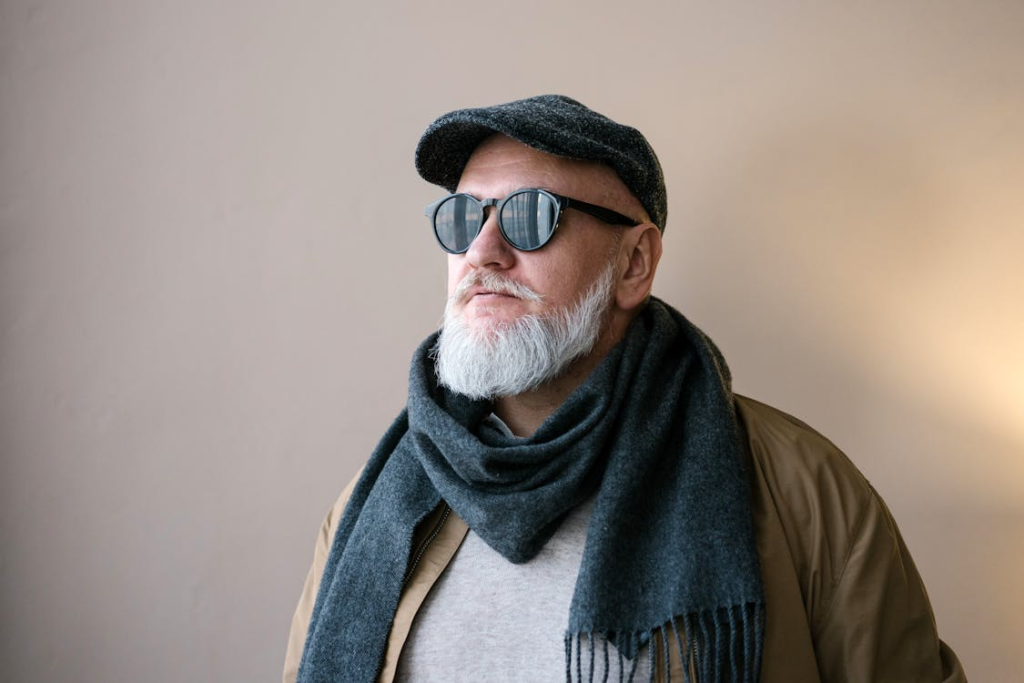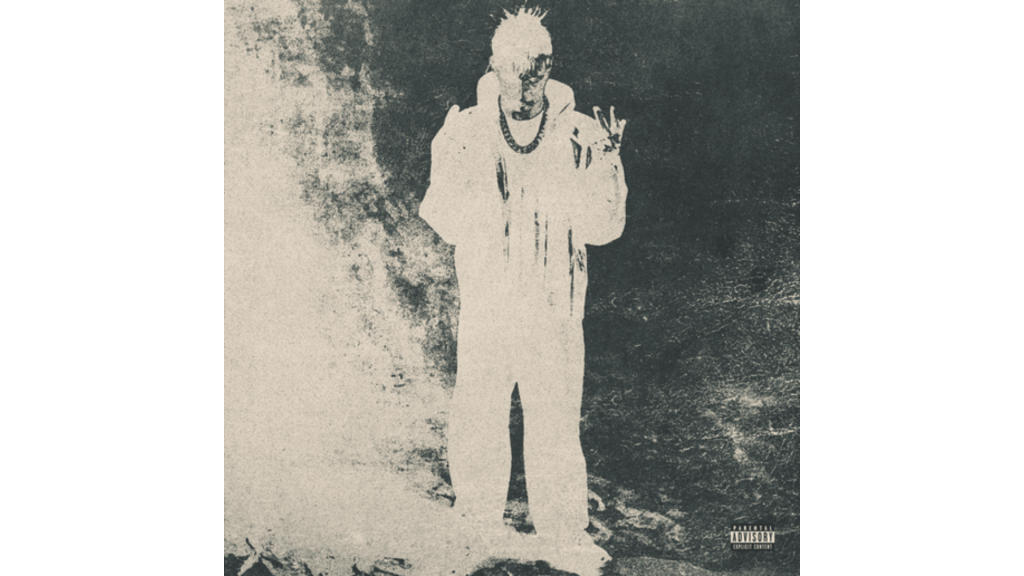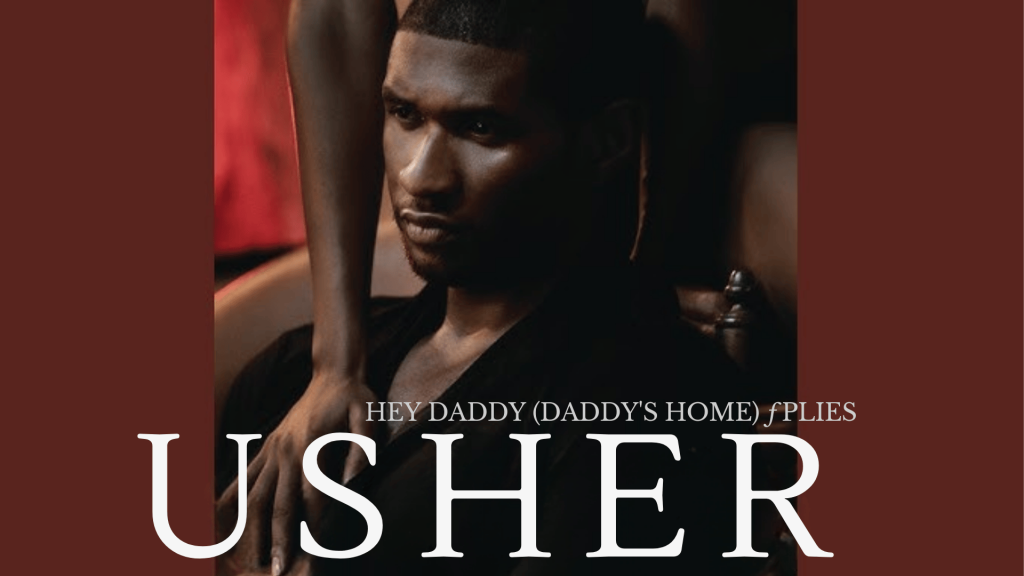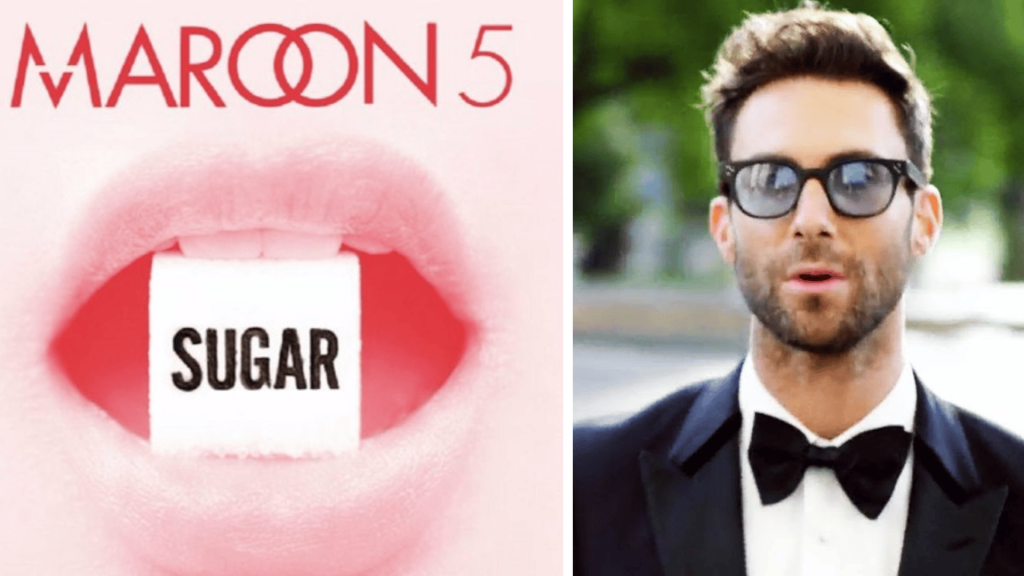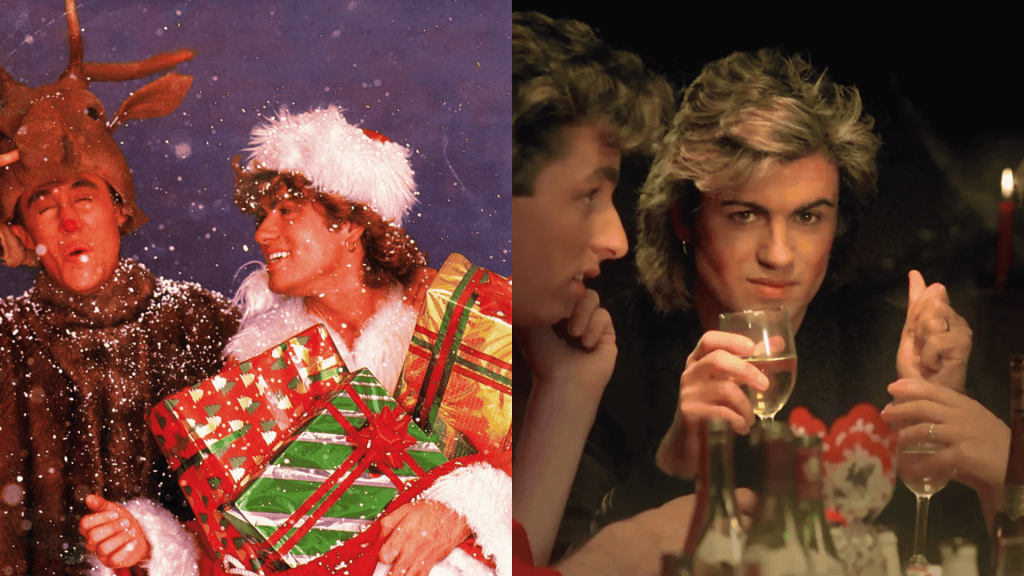Most people pack their sunglasses away when summer ends, assuming eye protection is only necessary during beach days and pool parties. This common mistake leaves millions of people vulnerable to serious eye damage during the winter months. The truth is, your eyes face just as much—if not more—UV exposure when temperatures drop and snow begins to fall.
Winter sun exposure can be more intense than summer rays, especially when you factor in snow reflection. Understanding why sunglasses matter year-round will help you find sunglasses you’ll love and protect your vision for years to come.
Why Your Eyes Need Protection in Winter
Winter UV exposure poses unique challenges that many people don’t consider. Fresh snow reflects up to 80% of UV rays, essentially creating a natural mirror that bounces harmful radiation directly toward your eyes. This reflection doubles your UV exposure, making winter sun more dangerous than summer rays in many cases.
The higher altitude of ski slopes and winter hiking trails intensifies this problem. UV radiation increases by approximately 4% for every 1,000 feet of elevation gain. Mountain snow sports enthusiasts face triple the UV exposure of someone at sea level.
Understanding Winter Glare and Light Conditions
Winter creates unique lighting conditions that challenge your eyes throughout the day. Bright white snow, frozen lakes, and icy surfaces create intense glare that strains your vision and causes headaches. This glare becomes particularly problematic when driving on snowy roads or participating in outdoor winter activities.
Polarized lenses effectively combat this intense winter glare by filtering horizontal light waves that create the most bothersome reflections. These specialized lenses help you see clearly through challenging winter conditions while reducing eye fatigue and improving visual comfort.
Selecting the Perfect Winter Eyewear
When you set out to find sunglasses you’ll love for winter wear, prioritize 100% UV protection above all other features. Look for labels indicating UV 400 protection or 100% UV-A and UV-B blocking capabilities. Fashion-forward frames without proper UV protection offer no real benefit for winter eye safety.
Lens color plays a crucial role in winter performance. Gray lenses provide true color perception while reducing overall brightness—perfect for sunny winter days. Brown and amber lenses enhance contrast, making them excellent for overcast conditions and winter sports. Yellow lenses brighten dark, cloudy days but may not provide enough protection for bright, sunny snow conditions.
Stylish Winter Options That Actually Work
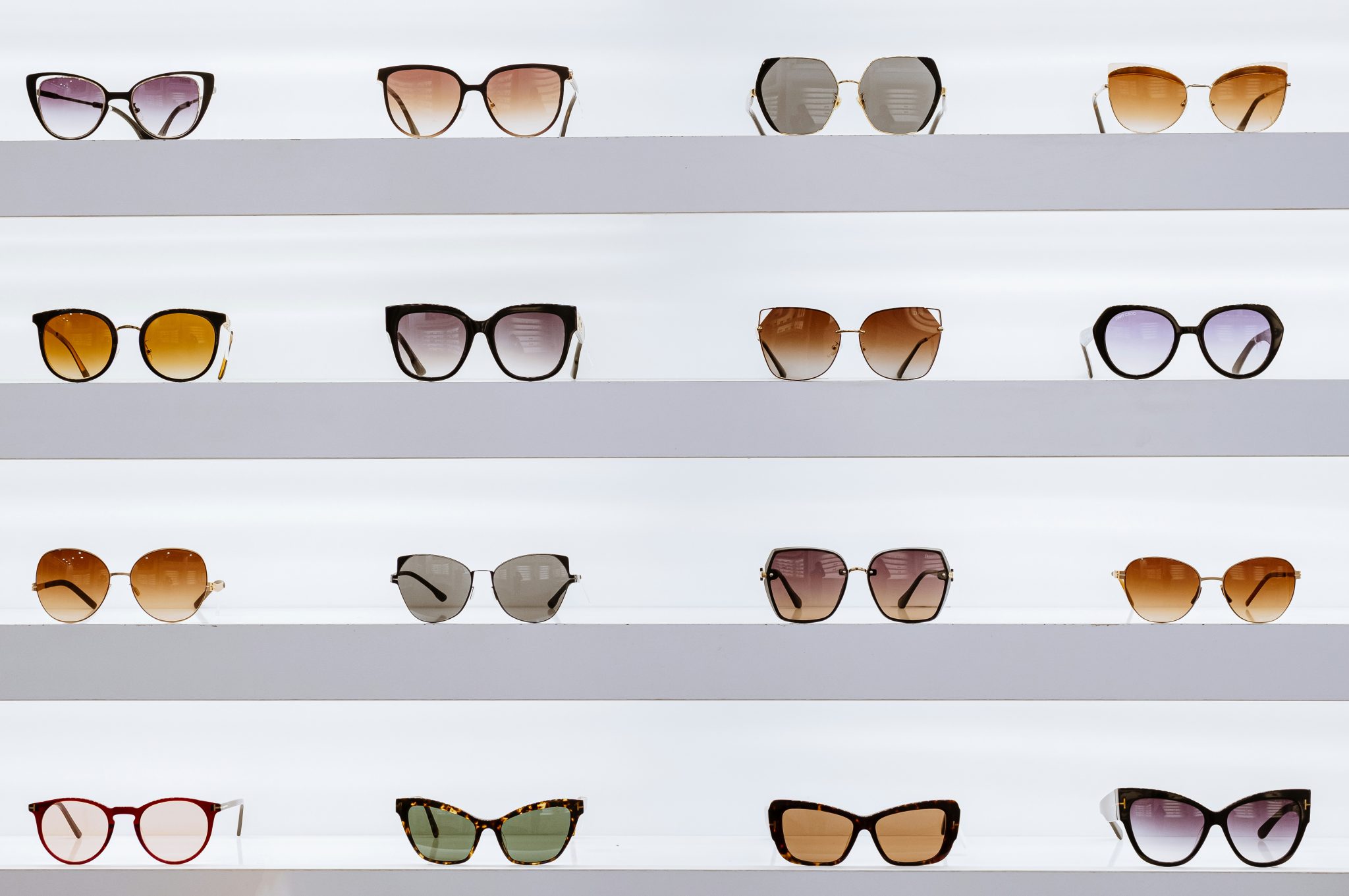
The Nike shades collection offers outstanding examples of winter-ready eyewear that combines fashion with function. Their sport-focused designs feature secure fits that work well with winter headgear while maintaining sleek, modern aesthetics that complement any winter outfit.
Nike’s polarized options within their shades collection excel in winter conditions, effectively managing glare from snow and ice while providing crystal-clear vision. Many models feature lightweight, durable frames designed to withstand temperature changes and active winter pursuits.
When exploring the Nike shades collection, look for models with wraparound designs and secure temple grips. These features ensure your eyewear stays in place during winter activities while providing maximum coverage against UV exposure from multiple angles.
Caring for Winter Eyewear
Cold weather presents unique challenges for sunglass maintenance. Temperature changes can cause lens fogging when moving between indoor and outdoor environments. Clean your lenses with microfiber cloths and lens-safe cleaning solutions to maintain optimal clarity throughout winter months.
Store your sunglasses in protective cases when not wearing them. Cold temperatures can make frame materials more brittle, increasing the risk of damage from drops or impacts. Avoid leaving sunglasses in extremely cold cars overnight, as rapid temperature changes can affect lens coatings.
Conclusion
Winter sunglasses aren’t a luxury—they’re essential protection for your long-term eye health. The combination of direct UV rays and snow reflection creates conditions that can damage your vision in ways that aren’t immediately obvious but have lasting consequences.
Investing in quality winter eyewear protects against immediate discomfort like snow blindness while preventing cumulative damage that leads to cataracts and other serious eye conditions later in life. When you find sunglasses you’ll love that also provide proper protection, you’re making a smart investment in your future vision health.


